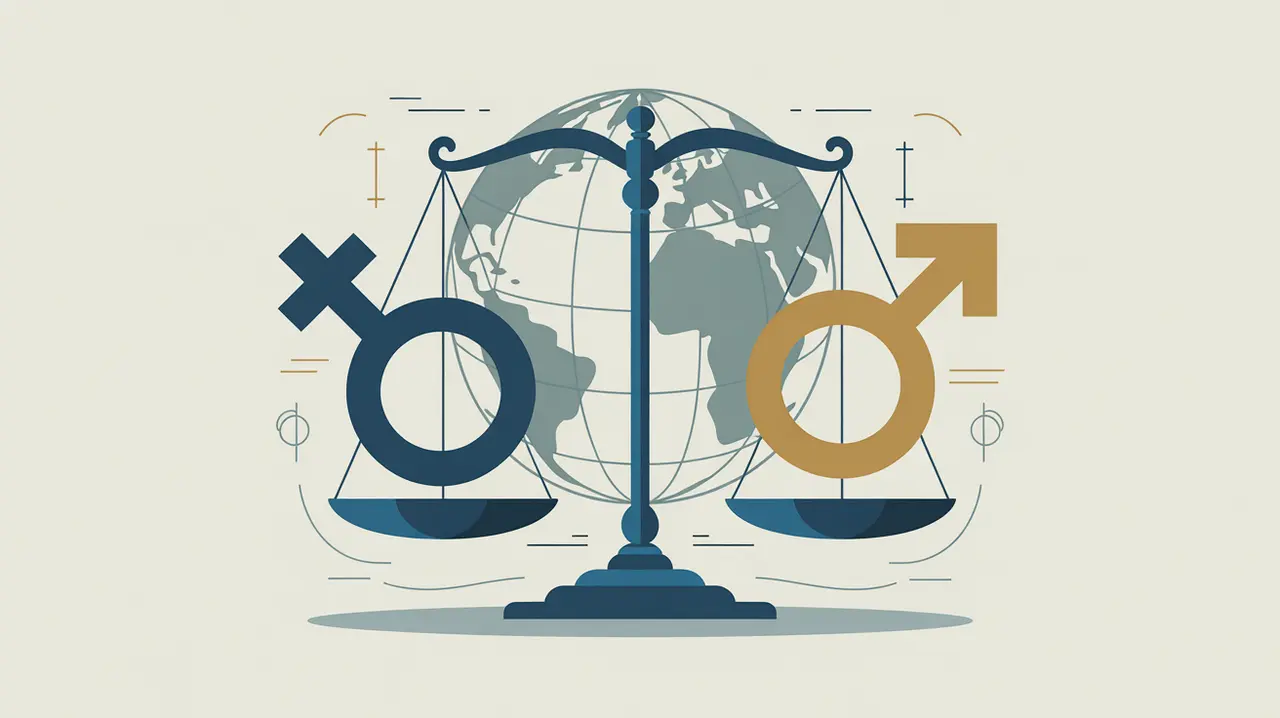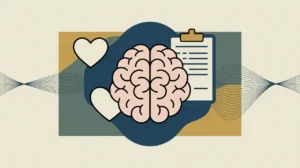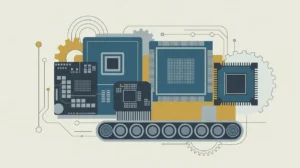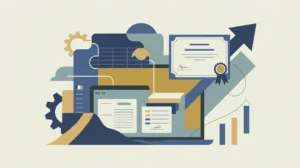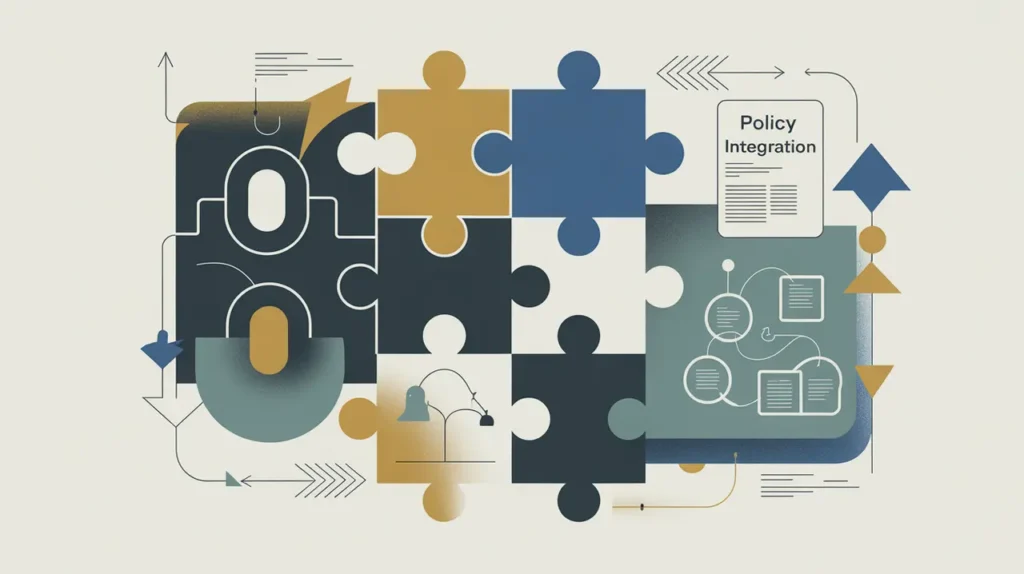Importance of Gender Equity
Gender equity is fundamental to justice, human rights, and sustainable development. It ensures that women, men, and people of all gender identities have fair access to opportunities, resources, and decision-making power. In international development, gender equity is linked to improved health, education, and economic outcomes, as well as stronger governance and peace. For nonprofits and social innovators, advancing gender equity is essential for addressing systemic inequalities and enabling proximate actors to participate fully in shaping their futures.
Definition and Features
Gender equity refers to the fairness of treatment and outcomes for all genders, accounting for different needs, barriers, and opportunities. Its defining features include:
- Equal Access: ensuring participation in education, employment, and leadership.
- Fair Treatment: addressing systemic biases and discrimination.
- Responsive Policies: designing interventions that account for gender-specific realities.
- Transformative Change: shifting norms, institutions, and power dynamics.
How this Works in Practice
In practice, gender equity is advanced through laws, policies, and programs that promote equal rights and opportunities. Governments may adopt quotas for women in political leadership, nonprofits may run initiatives to close pay gaps, and community groups may challenge harmful practices like child marriage. For example, microfinance programs tailored to women can expand financial inclusion while strengthening household decision-making power. Barriers include entrenched social norms, lack of enforcement of rights, and overlapping inequalities tied to class, race, or geography.
Implications for Social Innovation
Gender equity has far-reaching implications for social innovation. It broadens the pool of talent and ideas, strengthens accountability, and ensures that solutions meet the needs of all members of society. For proximate actors, gender equity affirms dignity and agency while opening pathways to leadership and economic participation. Gender equity is essential for building inclusive, resilient, and sustainable societies.
